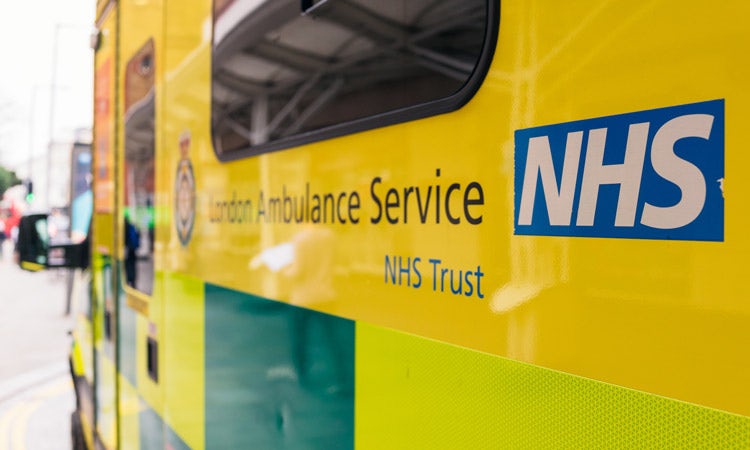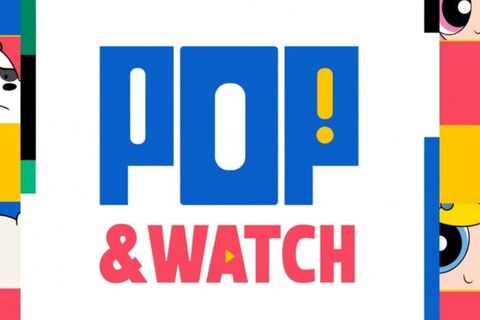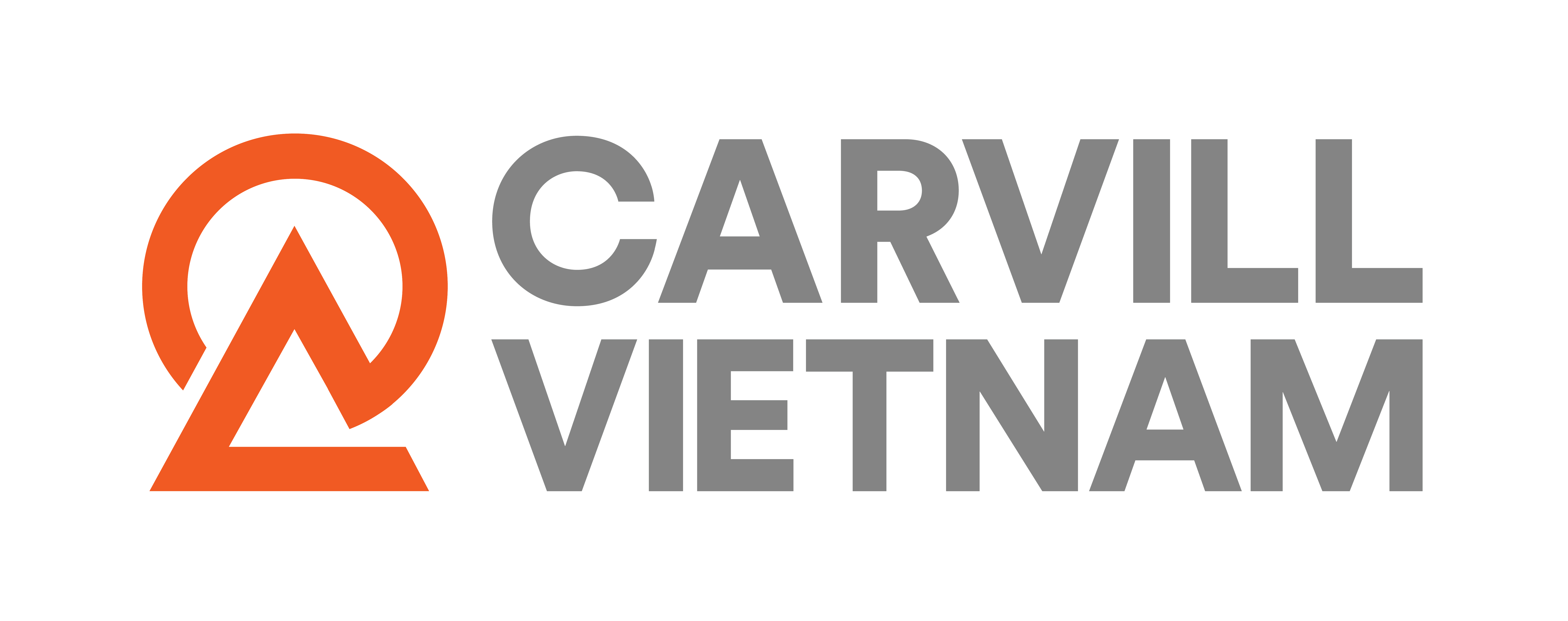NHS: The pandemic revealed ‘just how vital’ marketing is
The NHS had to act quickly last year after realising people with life threatening conditions such as heart attack and stroke were not going to hospital because of Covid, and marketing played a key role.

The pandemic highlighted how “vital” marketing and communications is to the NHS as the public were apprehensive about seeking urgent medical attention to avoid placing burden on trusts.
NHS deputy director head of campaigns and social media Phil Bastable said: “The lesson that has really stuck with me, and maybe more broadly for the organisation, was just how vital marketing and communications was to facing what was a completely new virus that hadn’t been in circulation before.”
The pandemic “completely changed the behaviours of the population” and introduced “new barriers to accessing care”. This presented a “real challenge” to the NHS’s marketing team and its overall goal of ensuring the wellbeing of the population.
People showing up for serious conditions such as a heart attack or stroke symptoms dropped compared to the previous year. This spurred the NHS marketing team to carry out quick research to find the root of the problem and they discovered two key themes.
The lesson that has really stuck with me, and maybe more broadly for the organisation, was just how vital marketing and communications is.
Phil Bastable, NHS
“There was this perception that the NHS was 100% dealing with Covid-19 patients and there was that worry that if people attend for treatment, they’d be exposing themselves to the virus. So, there was that anxiety about their own safety,” said Bastable, who was speaking on a panel at the Festival of Marketing: The Year Ahead this week.
“They felt that by not attending, and not putting further burden or pressure onto the NHS, they’re actually doing the NHS a favour and helping. Those two barriers were self-reinforcing, but really challenging because clearly if someone is experiencing stroke symptoms, it’s absolutely essential that we see them as soon as we possibly can.”
The team took the normal steps to set up and launch a new campaign to encourage patients to come in, but the challenge then progressed to speed and agility.
“We had to start introducing messages into the creative and into our campaigns to provide that reassurance to say the NHS absolutely wants to see you if you’re experiencing these symptoms,” said Bastable.
“We have changed the way we’re delivering services to make them safe for you. And then demonstrating that within the creative. It did mean completely changing the campaign strategies that we had in place and being very agile and responding very quickly to the changing situation as well.”
Learning to lock up
Speaking alongside Bastable on the panel was Whitbread global customer director Tamara Strauss. The parent company of the Premier Inn brand also went through challenges during the pandemic, most notably, the fact the hotel chain had to close 820 of its hotels.
But more pressing challenges lay in how to close down without endangering staff, communicate to customers who may have had bookings and plan for a nationwide reopening, all while awaiting government guidelines that changed often.
The Whitbread team was stripped from 45 to 7 with the rest being placed on furlough. That team began the route back and “nobody was too proud to say ‘that’s not my job’.” said Strauss.
A key lesson she learnt was around the role of leadership and how to communicate with the team as they felt anxious about their careers with the hospitality brand.
“My role was very much about making sure I was able to disseminate the information from our leadership calls to be able to reassure my team about what was going on to shore up the business,” she explained.
“We made sure we were acting with integrity and that we’re being brand-centric while protecting our teams in order to be able to come back bigger and stronger,” said Strauss.
Expediting talent
Greggs faced a very similar challenge to Premier Inn, with how it had to close up and eventually reopen stores, so learning “how to keep a brand alive when everything was closed” was key, said customer director Hannah Squirrell.
“It’s not really applicable to be sending them [customers] lovely social media messages of great bacon rolls,” said Squirrell.
The brand actually did something unprecedented and that was to share its recipes online with consumers, all to stay connected to them.
The key takeaway of navigating the brand through a pandemic is the expediting of staff talent, as roles were constantly changing, she said.
“It is quite disruptive,” admitted Squirrell. “You can really expedite individual developments to become fully rounded marketers because that’s what they’re going to need when they go into bigger roles as they develop their career.
“I’m actively trying to find ways that I can really expedite the development of people in my team through putting them into unknown situations,” she added.



 Print the article
Print the article



